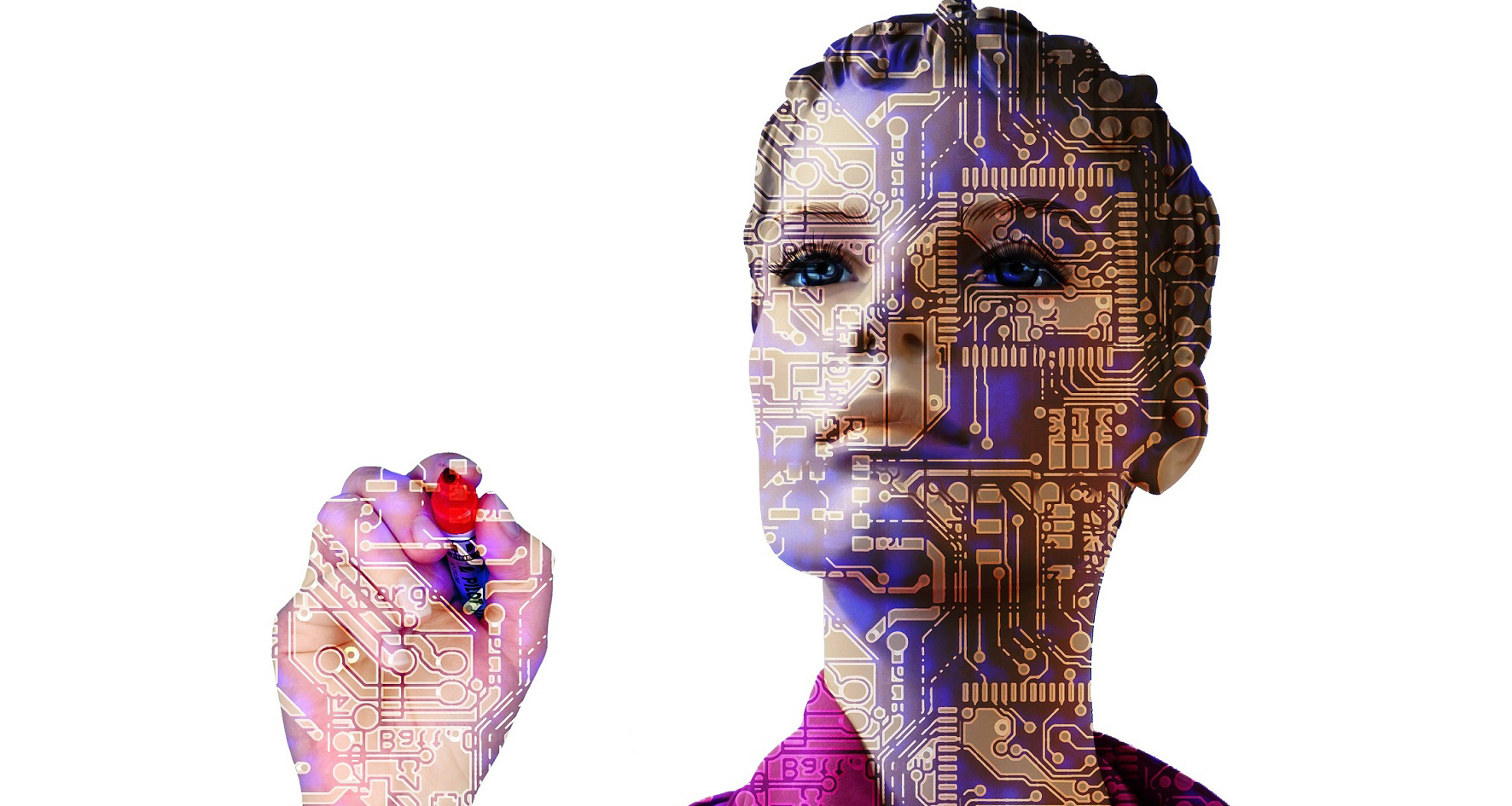For years, science has been trying to artificially reproduce the human intellect. Now that we are (almost) ready, programmers and scientists must also include ethical and social components.
AI (Artificial Intelligence) is supposed to imitate human thinking and even take it over for humans. There are now computers that can calculate the number of letters in a 200-page book in just a few seconds. Whether this book was interesting for artificial intelligence or has an emotional value cannot be calculated. Until we reach this point, it will probably take quite long, undefined periods of time (an AI might be able to calculate them). As long as human thinking itself has not been fully explored, it is impossible to recreate it.
That is why it remains the case that artificial intelligence only imitates human thinking. What one can do, however, is include psychological and philosophical aspects in programming. The algorithm must be programmed in such a way that it corresponds to ethical social values and acts accordingly.
Afraid of artificial intelligence?
The fear that AI will soon lead corporations or even govern states therefore remains unfounded for the time being. Even though Elon Musk is now investing in a start-up that will upgrade humans to cyborgs in the long term and turn them into half computers too. In order to keep up with AI and robots, you have to be clear: Artificial intelligence currently only works the way the algorithm was programmed. And the programmers are so far exclusively human beings.
Autonomous driving, decisions in the medical field: all this is now taken over by artificial intelligence. To ensure that logical decisions do not lose humanity, ethical and moral principles must be maintained and programmed. After all, programmers and IT consultants are also responsible for the decisions made by the algorithm. The decisions must remain predictable.
Our multicultural team at BusinessCode is characterized by many years of IT experience and academic backgrounds. As customer-oriented IT professionals, we not only know how to program, but also possess cultural and social skills. After all, we design our IT solutions according to the wishes and ideas of our customers. This is why each team member has individual competencies, assumes responsibility for their projects and, if necessary, draws on the know-how of others. We distinguish ourselves by a “human” approach; our solutions consist of a mix of humanity, program codes and numbers. Social competence is a matter of course for us and this must also apply to artificial intelligence.
Image purchased and edited by SC Lötters
